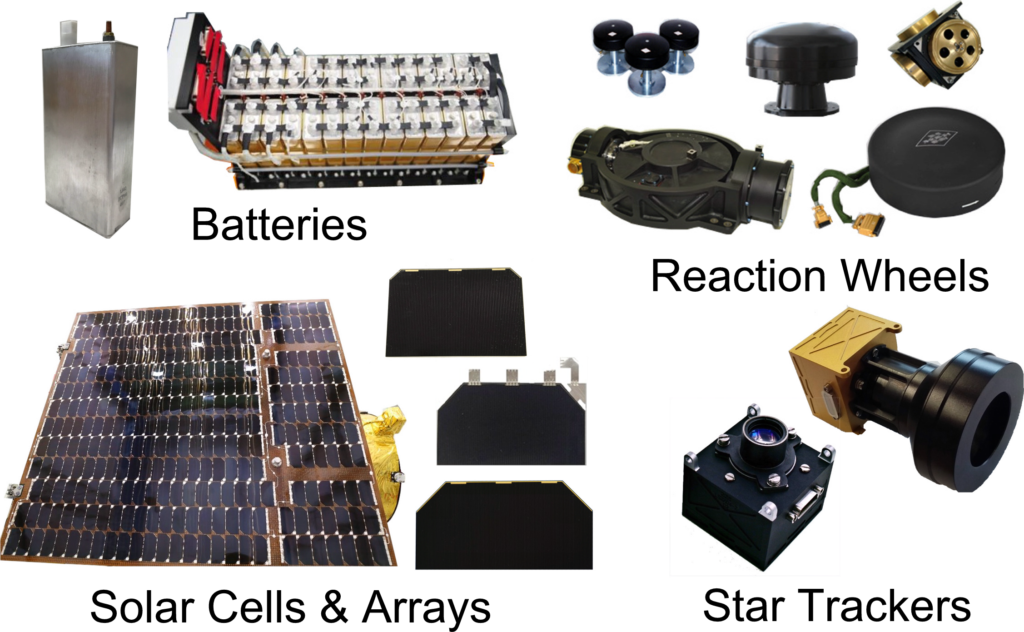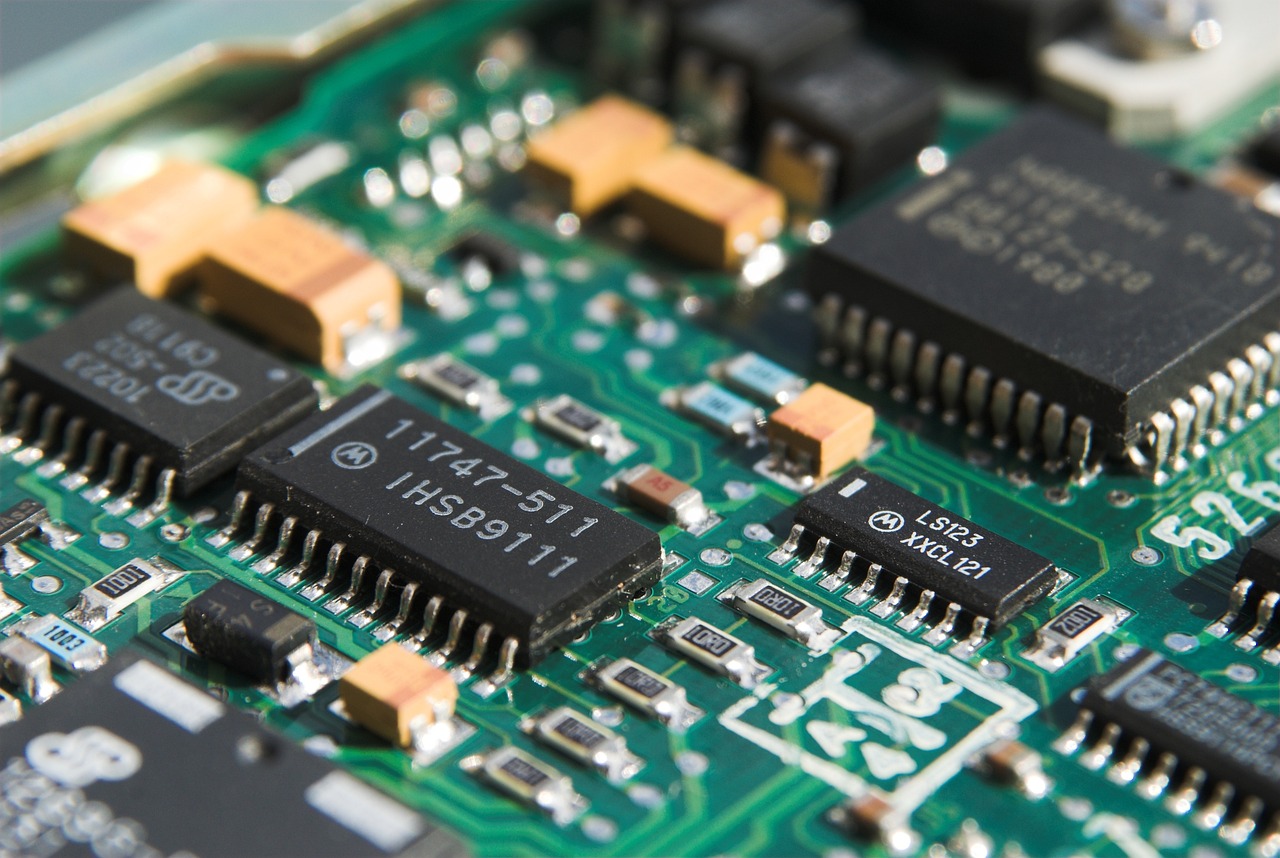

OCE Technology
OCE has recently released an ESA ECSS Category B real-time operating system with unique features and very small memory footprint.
OCE designs high-reliability embedded software for the most challenging applications. Its hardware offerings include proven radiation-tolerant high-performance system-on-chips and system-in-package memories. World-class satellite subsystems complete the company’s current offerings.
High-reliability real-time operating system (OCEOS)
OCEOS is a real-time pre-emptive fixed priority operating system for high-reliability applications running on RISC-V, ARM or SPARC processors. It complies with ESA’s ECSS Category B standard. It has a small memory footprint, requires only one system stack per CPU rather than a stack for each task, and provides support for precisely timed data outputs independent of task scheduling.
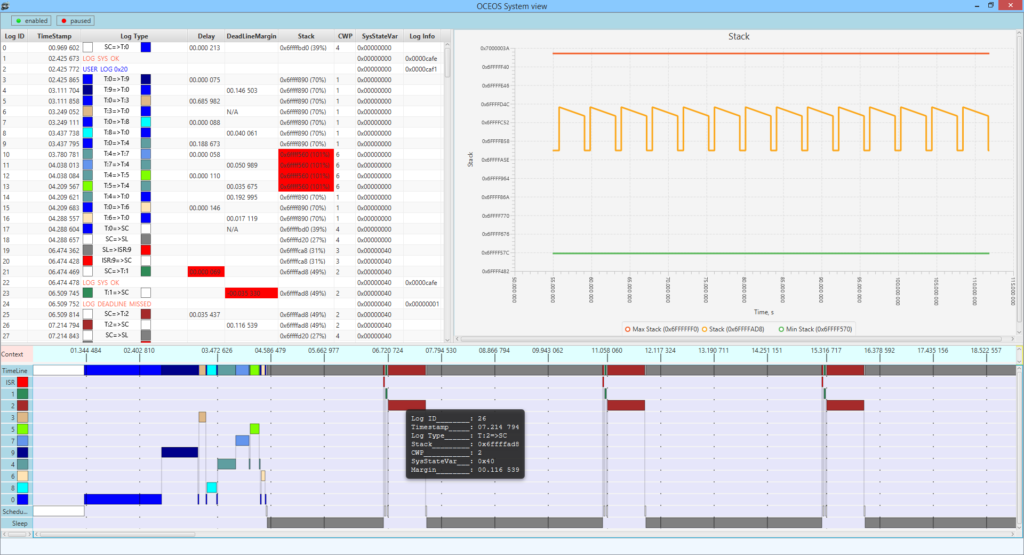
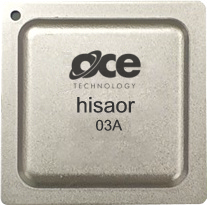
Radiation-tolerant high-performance AI chip (HISAOR)
HISAOR (from the Irish for AI) is a rad-tolerant high performance vision processing SOC with quadcore ARM A9 supported by an AI coprocessor with 16 neural network accelerators and GPUs. It includes media processors for encode and decode of H264/H265/JPEG2000 and high speed interfaces for efficient moving of data.
Radiation-hardened quadcore SPARC LEON4 chip (E698PM)
The E698PM Radiation hardened processor is a high performance, high reliability, high integration and low power multi-core SoC. Its symmetric multi-processing (SMP) architecture is compliant with the SPARC V8 standard. It is designed for high-end embedded real-time control and complex computing applications in rugged environments.
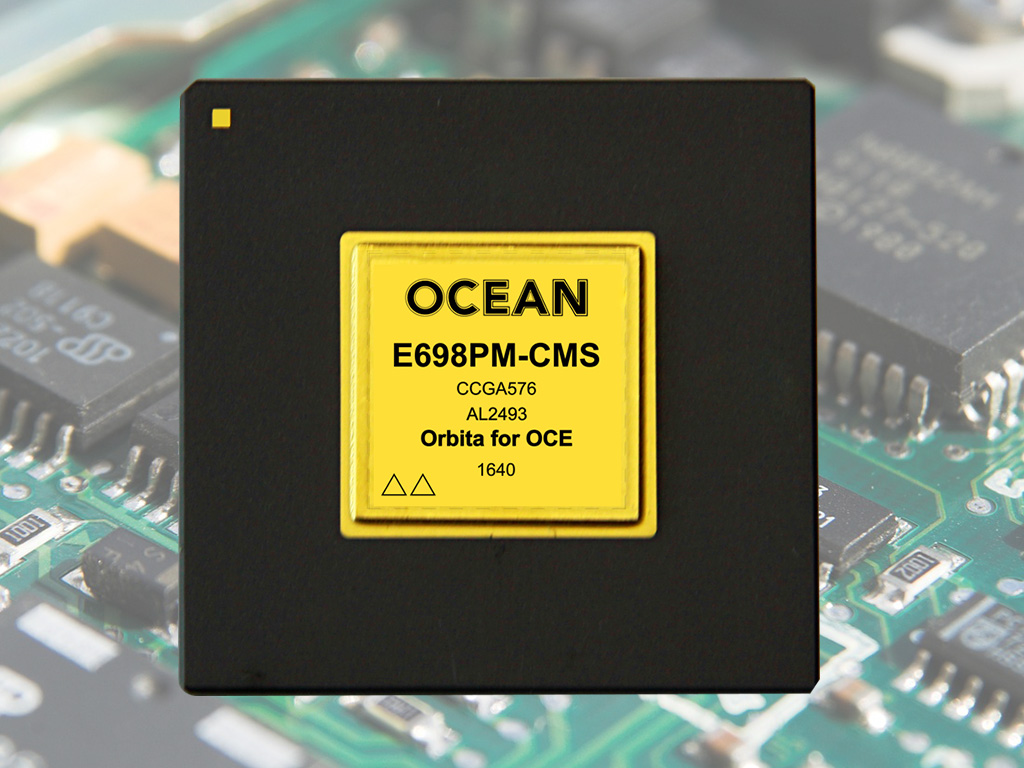
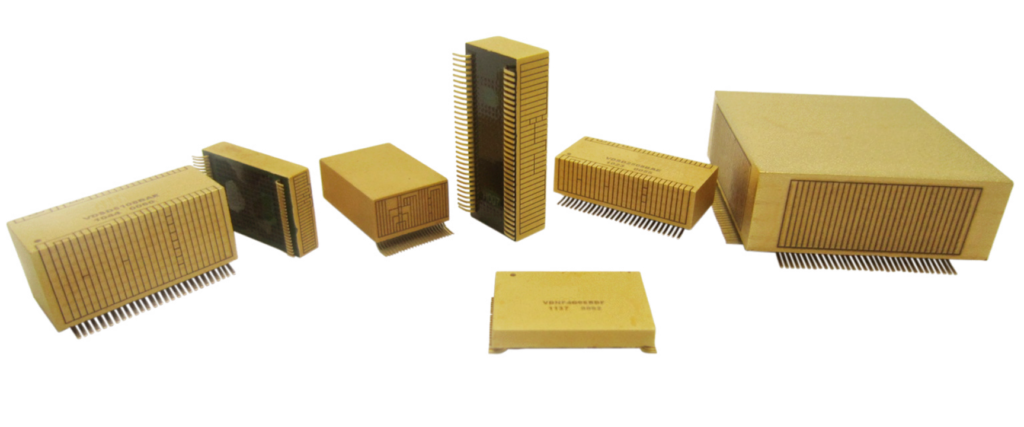
Radiation-tolerant system-in-package (SIP) memories
System-in-package or SIP is a number of integrated circuits enclosed in a single module. Dies containing integrated circuits, may be stacked vertically on a substrate. They are internally connected by fine wires that are bonded to the package.
Satellite Subsystems
Star Trackers, Solar cells, & Batteries.
OCE’s branded subsystems designed by Chinese space organisations over the past 20 years have heritage on many Chinese satellites and space vehicles.
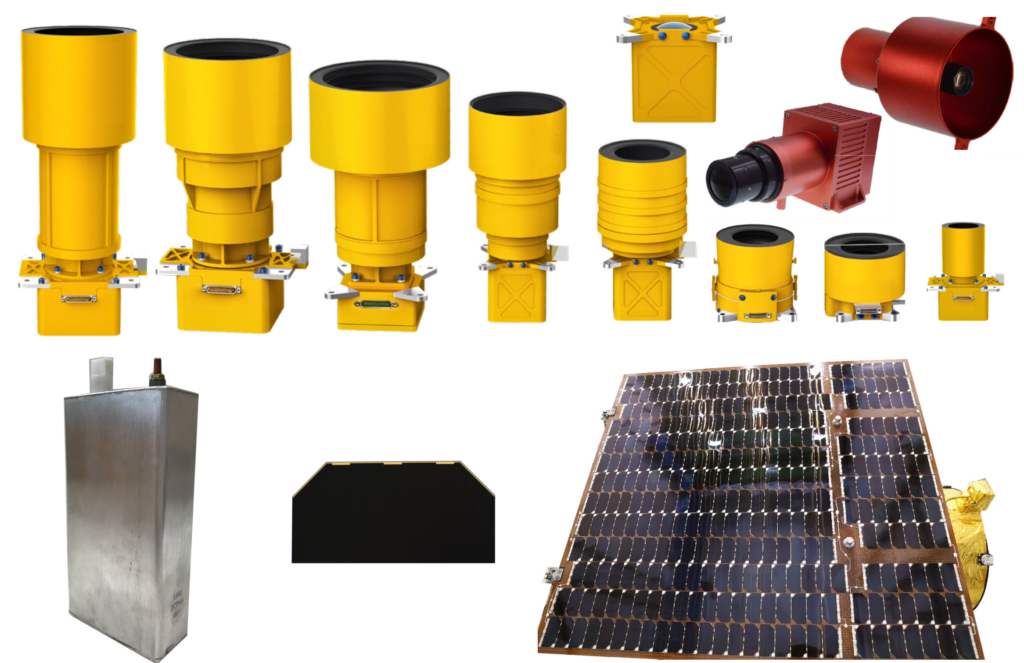
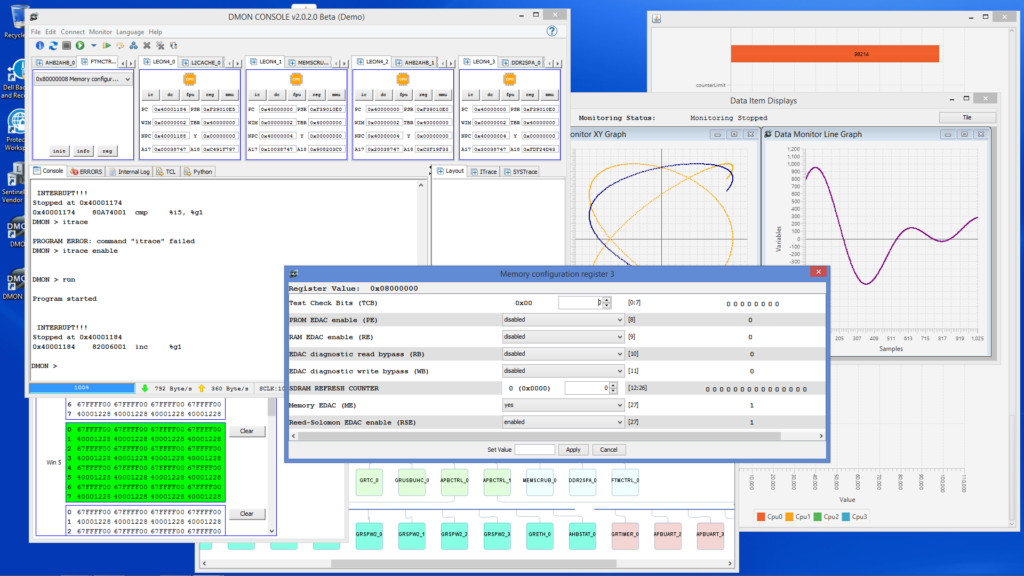
Debug software for SPARC embedded developers
DMON2 is a software tool for embedded system developers to improve their productivity. It enables them to debug applications in a faster and more efficient manner. Test & Debug operations account for 25% of developers’ time and developers consider debug tools to be their most important tools (UBM).

Software
DMON2 Debug software for SPARC embedded developers, enabling faster debugging of applications.

Processing
The E698PM Radiation hardened processor with high integration and low power multi-core SoC.

Hardware
System-in-package or SIP is a number of integrated circuits enclosed in a single modules, internally connected..
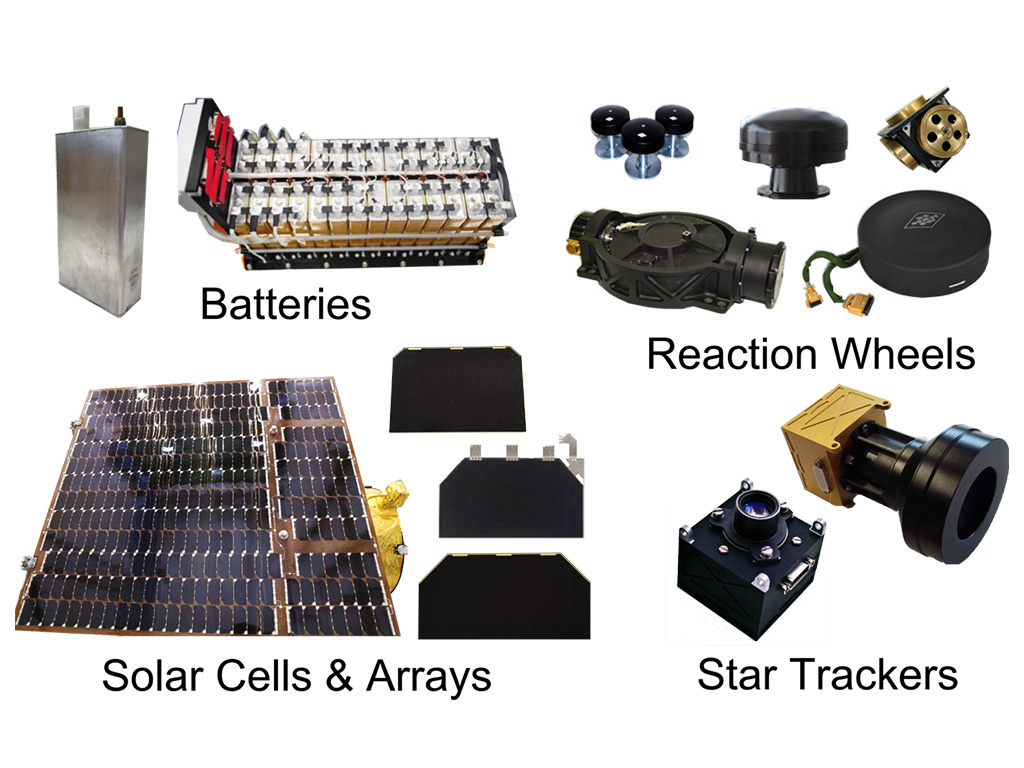
Software
Our subsystems have been designed and used by Chinese space organisations over the past 20 years.
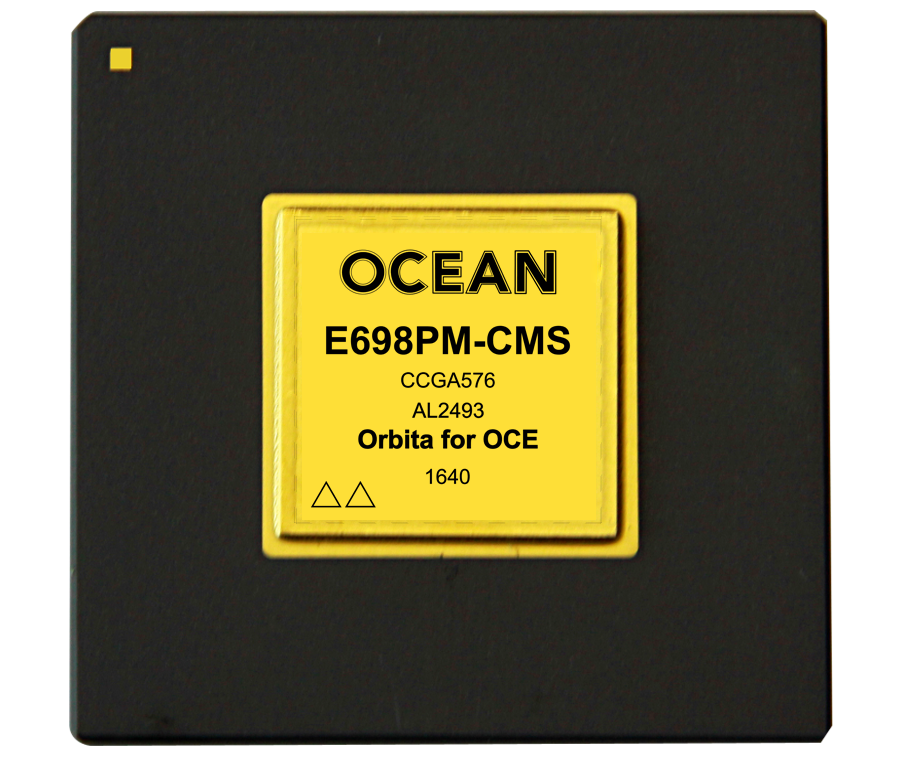
Processing
The E698PM Radiation hardened processor is a high performance, high reliability, high integration and low power multi-core SoC. Its symmetric multi-processing (SMP) architecture is compliant with the SPARC V8 standard. It is designed for high-end embedded real-time control and complex computing applications in rugged environments.
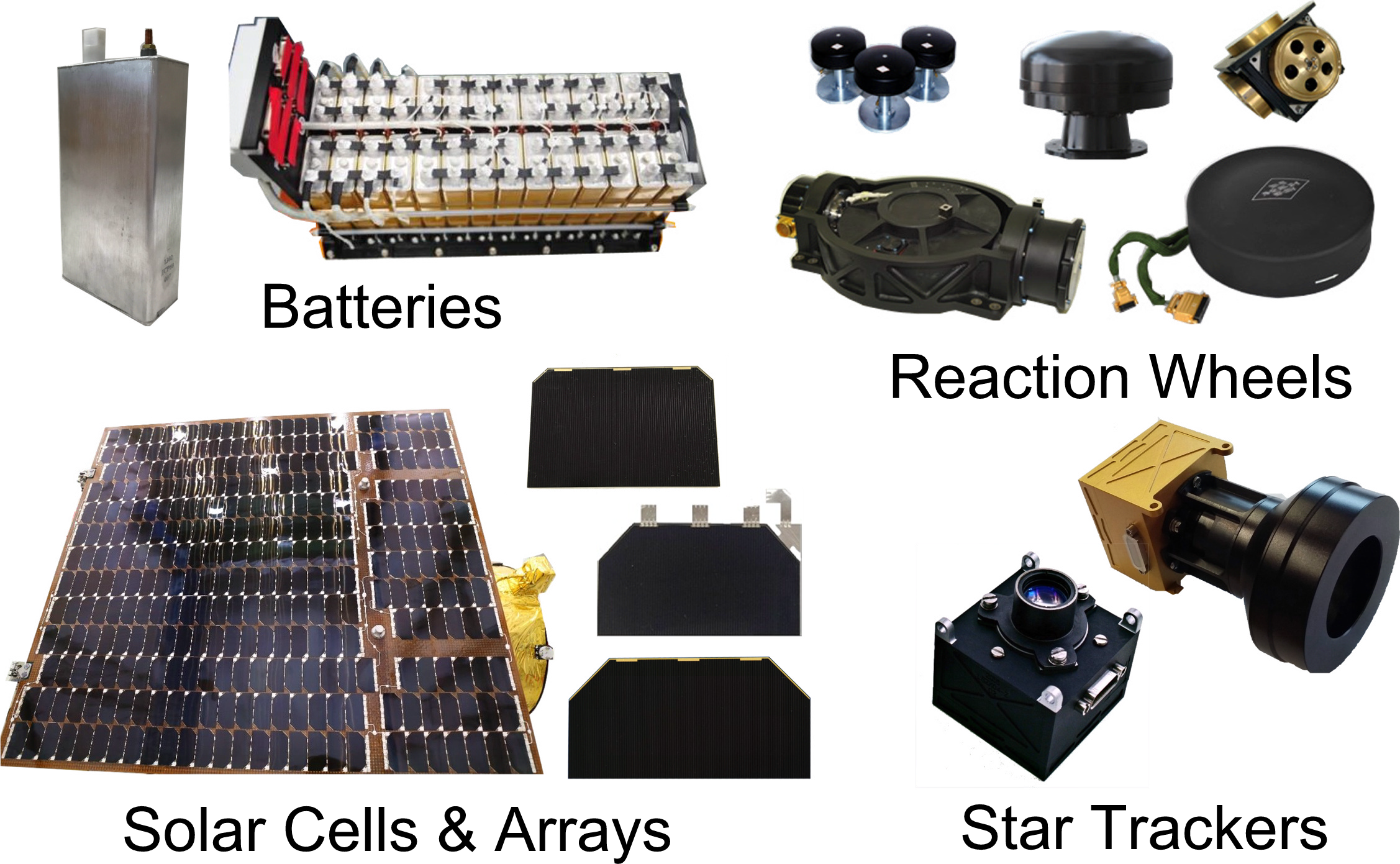
Satellite Subsystems
Our subsystems have been designed by Chinese space organisations over the past 20 years and have heritage on many Chinese satellites and space vehicles.
Software
Debug software for SPARC embedded developers.
DMON2 is a software tool for embedded system developers to improve their productivity. It enables them to debug applications in a faster and more efficient manner. Test & Debug operations account for 25% of developers’ time and developers consider debug tools to be their most important tools (UBM).
DMON2 provides unique supports for efficient development and debugging of system-on-chip solutions where a single chip contains multiple blocks each performing a different function. With upwards of 55% of embedded projects running late (UBM) the demand by management for DMON2 is obvious.


Processing
The E698PM Radiation hardened processor is a high performance, high reliability, high integration and low power multi-core SoC. Its symmetric multi-processing (SMP) architecture is compliant with the SPARC V8 standard. It is designed for high-end embedded real-time control and complex computing applications in rugged environments.
Satellite Subsystems
Our subsystems have been designed by Chinese space organisations over the past 20 years and have heritage on many Chinese satellites and space vehicles.
